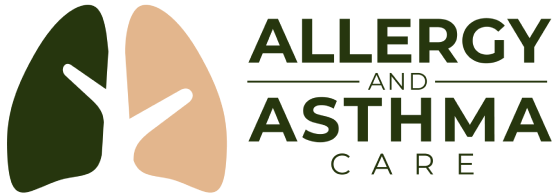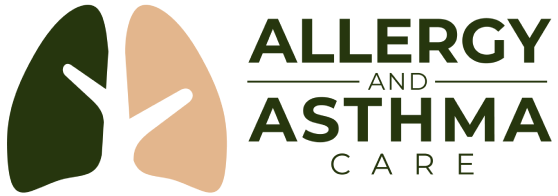Asthma is a lung condition that causes wheezing, coughing, shortness of breath, and chest tightness. Exercise-induced bronchoconstriction is a form of asthma that some people have during or after physical activity.
In a person with asthma, the airways of the lungs go into spasm or constrict. In exercise-induced asthma, this can occur:
- During or after physical activity and usually when breathing is hard, heavy, or fast.
- When the air is cold.
- When the humidity is very low or high.
- When there is a lot of air pollution.
- When there are a lot of allergens in the air.
The symptoms of exercise-induced asthma include:
- wheezing
- coughing
- shortness of breath
- chest tightness
- fatigue
We as your allergy specialist will ask about your history of breathing problems during or after exercise. We will have you do special breathing tests before and after a bronchodilator. They may use a device called a spirometer or a peak-flow meter. These measure how fast you can exhale air in one breath. During a bout of exercise-induced asthma, the measurement will decrease from your normal measurement.
Exercise-induced asthma can be successfully treated with medicine. The kind of medicine usually tried first is an inhaled bronchodilator. Examples of these medicines are albuterol, levalbuterol and pirbuterol.
Know what triggers your asthma. Some people have most symptoms during strenuous activity in cold, dry air. During the winteryou may need to exercise indoors or wear a mask when you exercise outside. Wearing a mask warms the air before you inhale it. Breathing through your nose warms the air more than mouth breathing and may help prevent exercised-induced asthma. You may also need to be aware of conditions such as air pollution or allergens such as dust, mold or pollen.
Doing warm-up exercises before a vigorous workout may help prevent an asthma attack. Many people, including successful athletes, have exercise-induced asthma. You can remain healthy and physically fit with proper education and use of medicine.
Make sure you visit us regularly to assess your progress and treatment.


